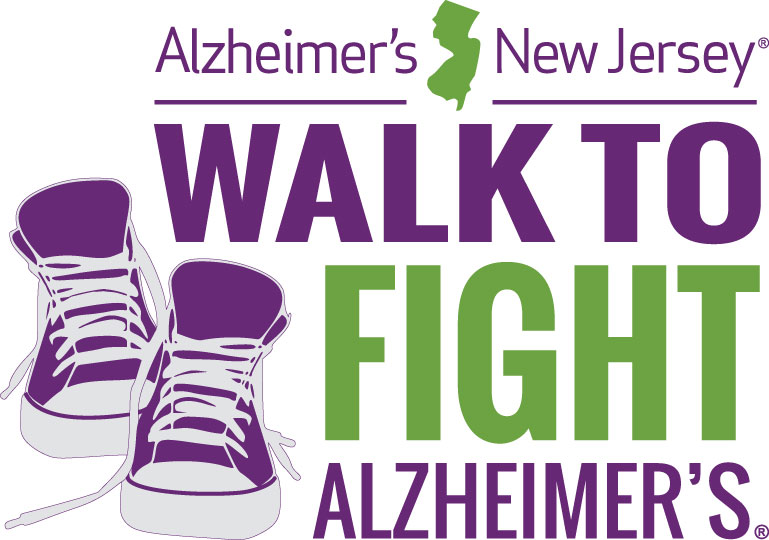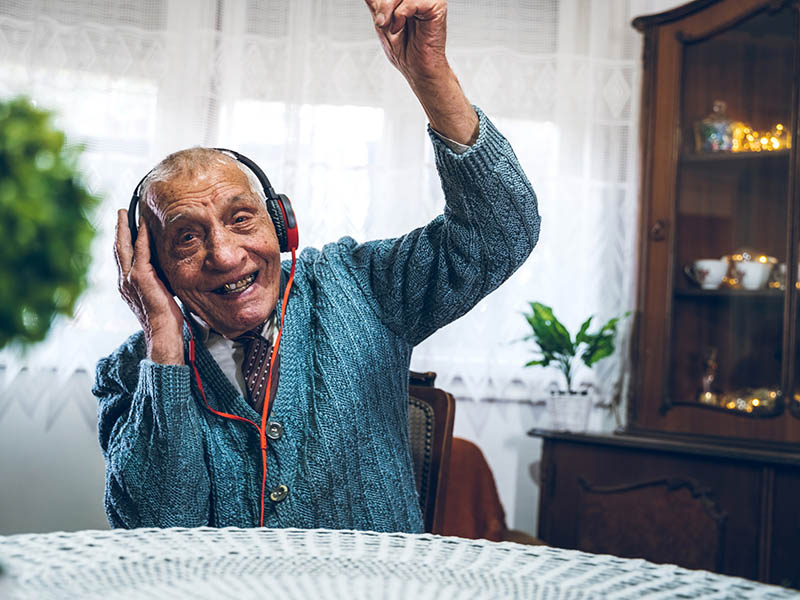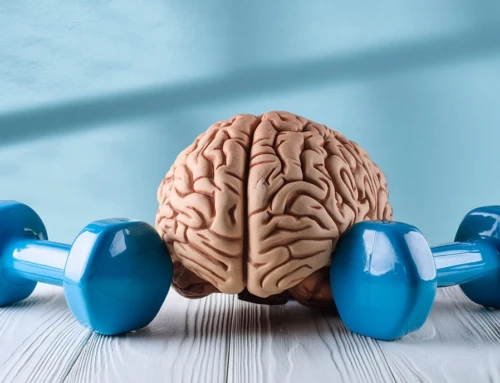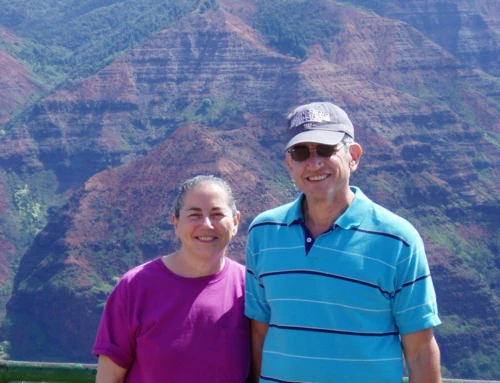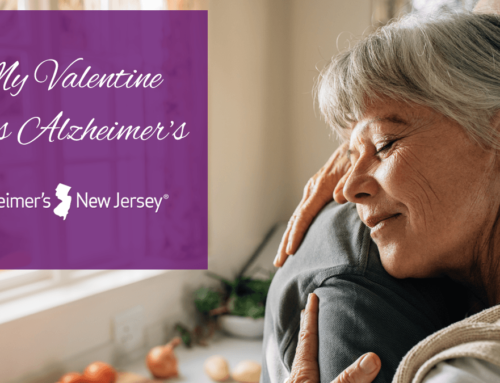Music comes in many forms. There is music in natural sounds like crickets on a hot summer night, waves crashing on the shore and the sound of birds welcoming the morning sun.
Music creates mood. The inspiration of a marching band, the beauty and romance of a classical string quartet and the excitement of classic rock.
Music creates memories and defines decades. The Big Band Era of the 1930s and 1940s, the Do Wop sounds of the 1950s, psychedelic rock of the 1960s and the Disco Era of the 1970s.
New Jersey has been the home of countless musicians. Old Blue Eyes, Whitney Houston, Frankie Valli, Paul Simon, Gloria Gaynor, Jon Bon Jovi and Bruce – just to name a few.
Music can be a valuable source of connection and joy for everyone. For those with Alzheimer’s disease and other forms of dementia, research shows that the parts of the brain that are associated with musical memories are relatively undamaged. As Alzheimer’s disease progresses, musical memories are often preserved even when many other memories are forgotten.
Music can be a wonderful way to connect and communicate with a loved one who has Alzheimer’s disease. Engaging with music can awaken key parts of the brain responsible for mood, memory, and movement. Music can stimulate cognition and reduce anxiety, agitation and depression.
One need not be one of New Jersey’s iconic musicians to engage in musical activities and experience the benefits. Together you and your loved one with Alzheimer’s disease can listen to familiar favorites from a time in the past. You can move to music by swinging arms, marching in place or dancing. You can add simple sounds like clapping and simple instruments like maracas and tambourines or you can have a live or virtual singalong with family and friends.
Bring Back the Joy, a free music workshop sponsored by Alzheimer’s New Jersey, can help you harness the power of music to reap the benefits that research has shown is possible. This interactive program provides caregivers with tips and tools to create meaningful connections, manage challenging behaviors, improve communication, and decrease caregiver stress. One of our previous participants shared that when her husband plays the piano, “you wouldn’t know he has dementia.” Another participant poetically expressed that “Music is the thread, [music] transcends and elevates spirits. Music is a language of its own.”
Tony Bennett, prolific crooner, and Grammy-winning artist recently revealed his diagnosis of Alzheimer’s disease. Along with short-term memory challenges, the disease has also impacted his communication and problem-solving abilities. Although he was diagnosed four years ago, he continued to perform live, 90-minute sets with his trademark charisma and ease until March of 2020 when the Coronavirus pandemic halted in-person concerts. Tony’s wife told AARP magazine, “He’s not the old Tony anymore. But when he sings, he’s the old Tony.
Music is powerful; it provides a way to connect and find joy with our loved one with dementia, even when communication becomes increasingly difficult. Ultimately, engaging in music with someone with dementia allows us to focus on what our loved one can do, instead of what the person has lost. And the great Tony Bennett is proof.
You can find registration information for our Bring Back the Joy Program here.

